Get ready for roll call
By Zhao Shengnan ( China Daily ) Updated: 2013-08-19 07:22:29
|
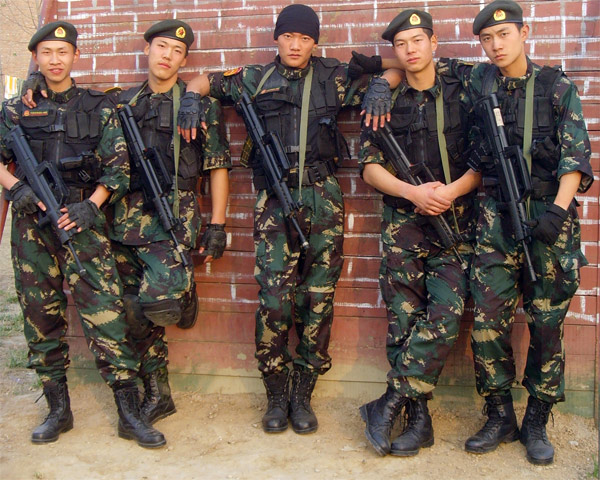 |
|
Tan Xiaotong (far right) with some of his fellow soldiers during his two-year period of service in the army. Provided to China Daily |
Only a small fraction of those eligible are recruited each year, but the National Recruitment Office hopes to lure more collegians with a number of policies designed to appeal to them.
"College recruitment is not easy and the reasons for that vary," said the recruiting officer.
"Some college students are not crazy about military life, and many don't understand what it means to be a soldier, but they have realistic ambitions, including a desire for stable, well-paid jobs.
"We have tried almost every means possible to reach college students, such as newspaper and television ads, slogans, short message services, micro-blogging and even traditional door-to-door visits," he added.
The PLA has also introduced a slew of new policies to attract educated young people.
For instance, high school graduates who enlist having already secured admission to a college or university can resume their studies within two years of leaving the army. They will pay reduced tuition fees, just like collegian soldiers.
"Moreover, the subsidies for them are higher and much easier to get than before," said the officer. The government pays college recruits up to 6,000 yuan per year to help them with their education and subsidy application procedures have been simplified this year.
For example, a sophomore who joins the army this year can earn 12,000 yuan (6,000 for each year) on enlistment and another 12,000 on completion of military service. The government will also repay any loans they've taken out to pay for education, the officer explained.
College recruits are also being lured by the greater ease of entry to further education and the job market enjoyed by former soldiers.
The PLA has formulated a series of policies for officer promotion, intended to persuade more collegians to stay in the army when their initial two years are over. According to the recruiting officer, college graduates who meet the standards will take fewer exams when they apply for promotion.
Collegian veterans will also enjoy preferential treatment when they apply to enter national defense universities or to become grassroots civil servants and military officers.
Favorable policies such as these have helped to ease applicants' concerns about their future careers.
Zhang Yong, 22, a junior at Central South University of Forestry and Technology in Hunan province, had started preparing for the graduate entrance exam before he learned about the preferential treatment for college recruitment this July.
"I was puzzled. I was afraid of failing the test, but I knew it would not be easy to find a job this year. For me, the recruitment policies were so attractive," he said.
Another potential soldier, Zhang Chenyu, a recent Peking University graduate, believes the policies will help reduce the competition he will face.
"The thing is, I will be competing against many other applicants to become a civil servant or a graduate student. However, things will be easier if I apply as a veteran," Zhang said, adding that two-thirds of his recent classmates have chosen to extend their studies.
Five recent Peking University graduates, including Zhang, have applied to enlist this year, accounting for 25 percent of applicant numbers at one of the China's top schools, according to a teacher surnamed Li, who is in charge of college recruitment at Peking University.
"The growing number of recently graduated applicants is related to what has been called 'the most difficult year for graduates', but as there are still many opportunities for Peking University graduates, I believe they made their decisions for patriotic reasons," he said.
- Students fail army fitness standards
- College student recruits in Beijing get exams
- College graduates encouraged to join military
- China to start military recruitment
- Official calls for continued improvement in military recruitment
- Military recruitment starts in Pingtan
- Beijing begins college students military recruitment
|
|
|
|
|
|
|
|
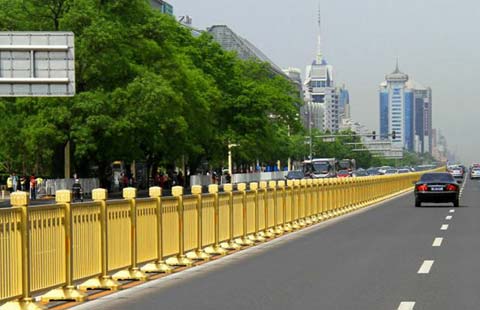
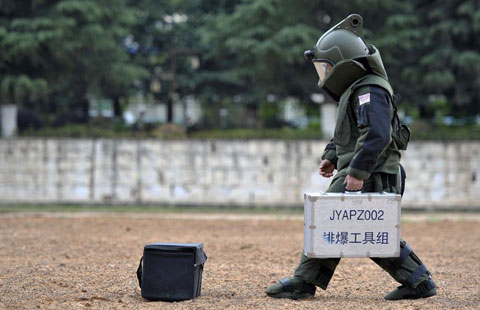
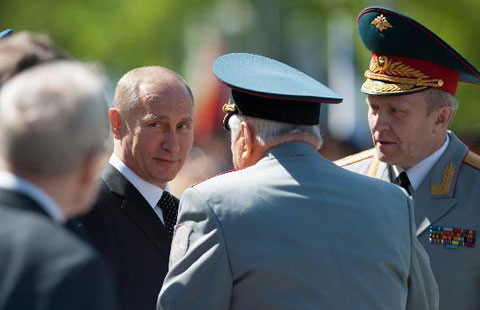
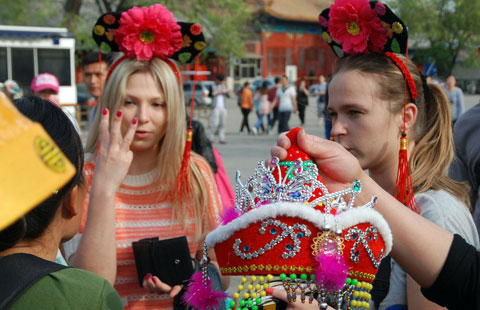

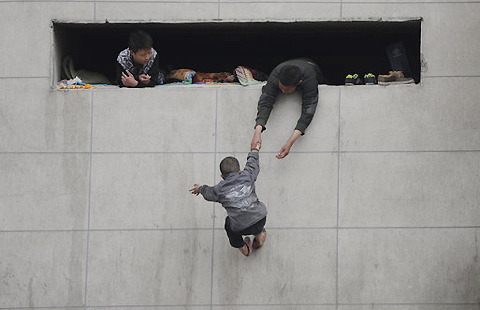
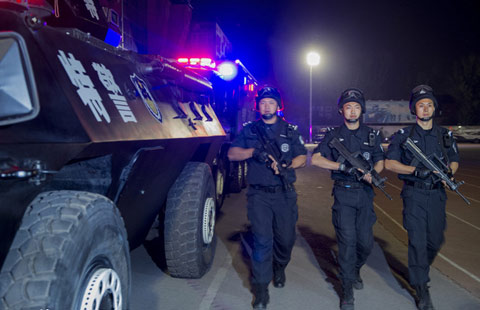



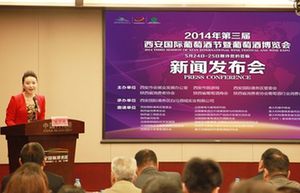
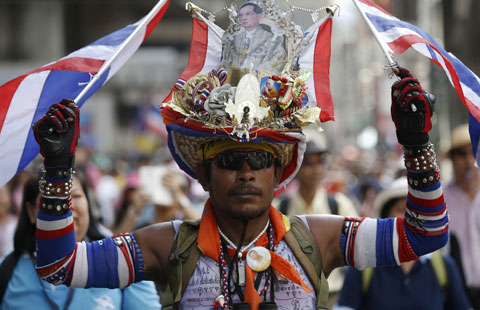
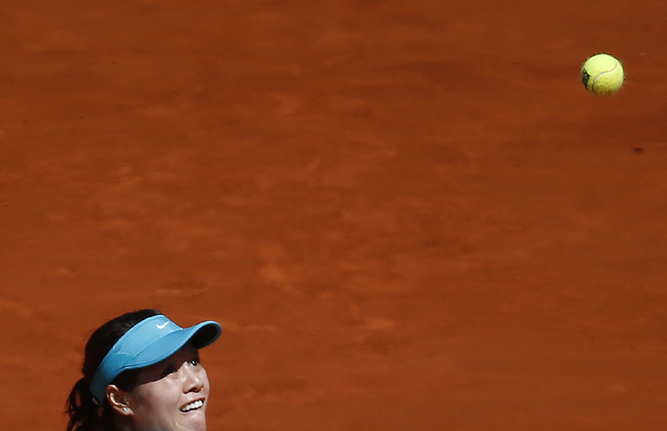





 Op Rana
Op Rana Berlin Fang
Berlin Fang Zhu Yuan
Zhu Yuan Huang Xiangyang
Huang Xiangyang Chen Weihua
Chen Weihua Liu Shinan
Liu Shinan